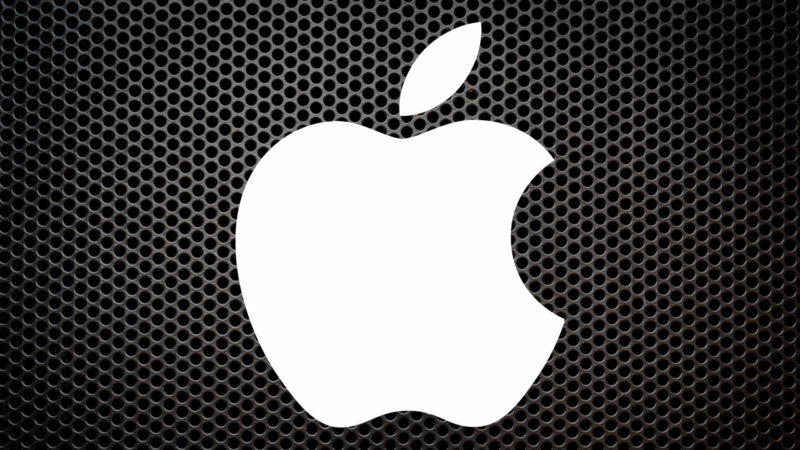Has Apple already missed the smart speaker market?
Increasing sales of Google Home and Amazon Echo devices probably means less demand for Apple HomePod.

With the recent news that Apple’s HomePod smart speaker wouldn’t ship until next year, the company is missing the critical holiday shopping season. This is a potentially momentous decision.
Apple released a statement saying it needed “a little more time before [HomePod is] ready for our customers” and that it would ship in “early 2018.” Whether the delay is because of production issues or because Apple needs to improve the functionality of the device is not clear.
What is clear, however, is that there will be millions more Alexa and Google Home devices in US households when the wrapping paper settles in late December. And that may mean fewer consumers interested in buying Apple’s device when it does come out.
Both Amazon and Google are aggressively discounting their speakers. Over this past weekend, you could purchase either an Echo Dot or Google Home Mini for $29. You could get a second-generation Echo or a Google Home for roughly $80.

That discounting and promotion apparently drove a lot of sales. Earlier today, Amazon said the Echo Dot was the best-selling product on the site, which dominated ecommerce over the weekend:
- Echo Dot and Amazon Fire TV Stick with Alexa Voice Remote were not only the best-selling Amazon devices, but they were the best-selling products from any manufacturer in any category across all of Amazon.com.
- Echo Dot was the best-selling device at Whole Foods Market over the holiday weekend.
While no specific figures were released, a company executive was quoted in the release saying “tens of millions of customers around the world will be using Alexa to prepare for the holidays.” Google hasn’t released any sales figures.
A recent Bloomberg report argued that the HomePod has limited capabilities and isn’t really competitive with Google Home or Amazon Echo as a smart home controller or as a standalone assistant. In addition, the device retails for $350, quite a bit higher than Google Home and Echo — notwithstanding the audiophile sound quality.

The battle for the smart speaker market is also a contest to see who will control the smart home. Data show that after obtaining a smart speaker, consumers are more inclined to buy other smart home accessories. Thus the unavailability of the HomePod has broader implications for Apple’s smart home strategy and the company’s ability to compete there as well.
Earlier this year, some industry experts were speculating we might reach 30 million smart speaker units in homes by the end of the year. At the time, that prediction seemed ambitious. But now we could see actual sales that are double that (60 million) — or more.
Contributing authors are invited to create content for MarTech and are chosen for their expertise and contribution to the search community. Our contributors work under the oversight of the editorial staff and contributions are checked for quality and relevance to our readers. MarTech is owned by Semrush. Contributor was not asked to make any direct or indirect mentions of Semrush. The opinions they express are their own.
Related stories